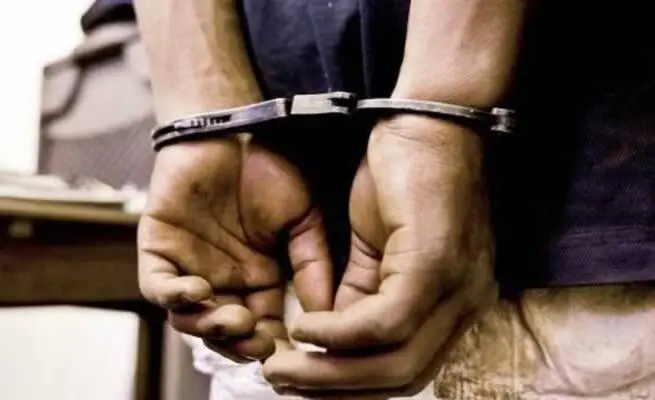In a shocking incident that has rocked Ghana’s Western Region, six individuals, including a local assembly member, have been arrested for their alleged involvement in the gruesome murder of a 60-year-old man. The Ahanta West Municipal Police Command apprehended the suspects after they allegedly tied Isaac Ansah, also known as Joe Joe, to a tree and set him ablaze, resulting in his death.
The horrific event took place last Thursday in Achonwa, where Ansah, a local farmer, was accused of submitting the names of 14 residents to a chief priest for rituals and sacrifice. This accusation led to what authorities are describing as a “trial by ordeal,” with a mob taking matters into their own hands in a brutal act of vigilante justice.

Among those arrested are Nana Ojundi, the Caretaker Chief of Achonwa, and Godfred Cudjoe, the local assembly member. Their involvement in this case has sent shockwaves through the community, raising questions about leadership and the rule of law in the area.
The Ghanaian Times reports that the police have confirmed the arrests and that the suspects are currently in custody, assisting with ongoing investigations. This development marks a significant step in addressing the crime and potentially uncovering the full circumstances that led to Ansah’s death.
In the wake of this tragedy, Ansah’s body has been transferred to the Dr Mensah Mortuary in Apowa, where it awaits autopsy. The results of this examination will likely play a crucial role in the legal proceedings against the accused.
This incident has brought to the forefront issues of mob justice, superstition, and the dangers of unfounded accusations in Ghanaian society. It highlights the urgent need for education, stronger law enforcement, and community engagement to prevent such tragic events from occurring in the future.
As the investigation unfolds, local and national authorities will be under pressure to ensure a thorough and transparent process. The case is likely to draw attention to the broader issues of justice, governance, and social beliefs in Ghana, potentially spurring discussions on necessary reforms and community interventions to prevent similar incidents.
The arrest of an elected official in connection with this crime adds another layer of complexity to the case, potentially eroding public trust in local leadership. It underscores the importance of accountability at all levels of society and the need for leaders to uphold the law and protect the rights of all citizens.
As the community grapples with the aftermath of this tragedy, many will be watching closely to see how the justice system handles this case and what measures will be implemented to prevent such horrific acts of violence in the future.



